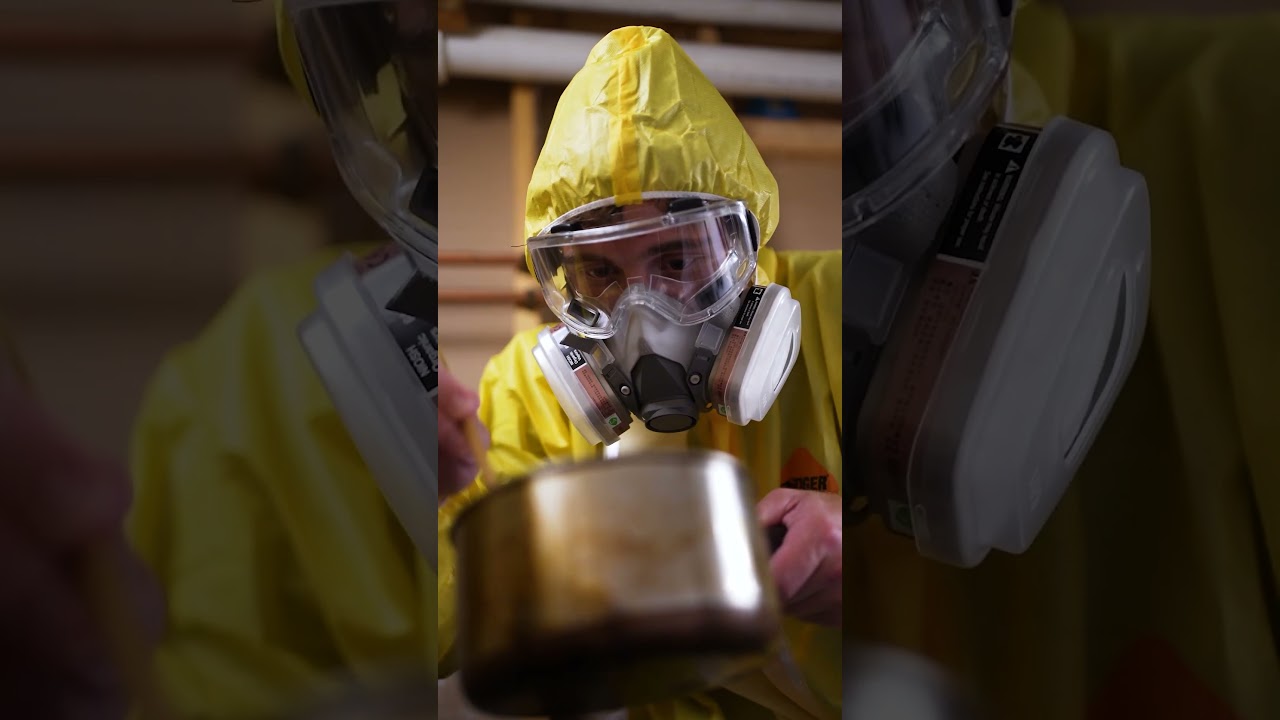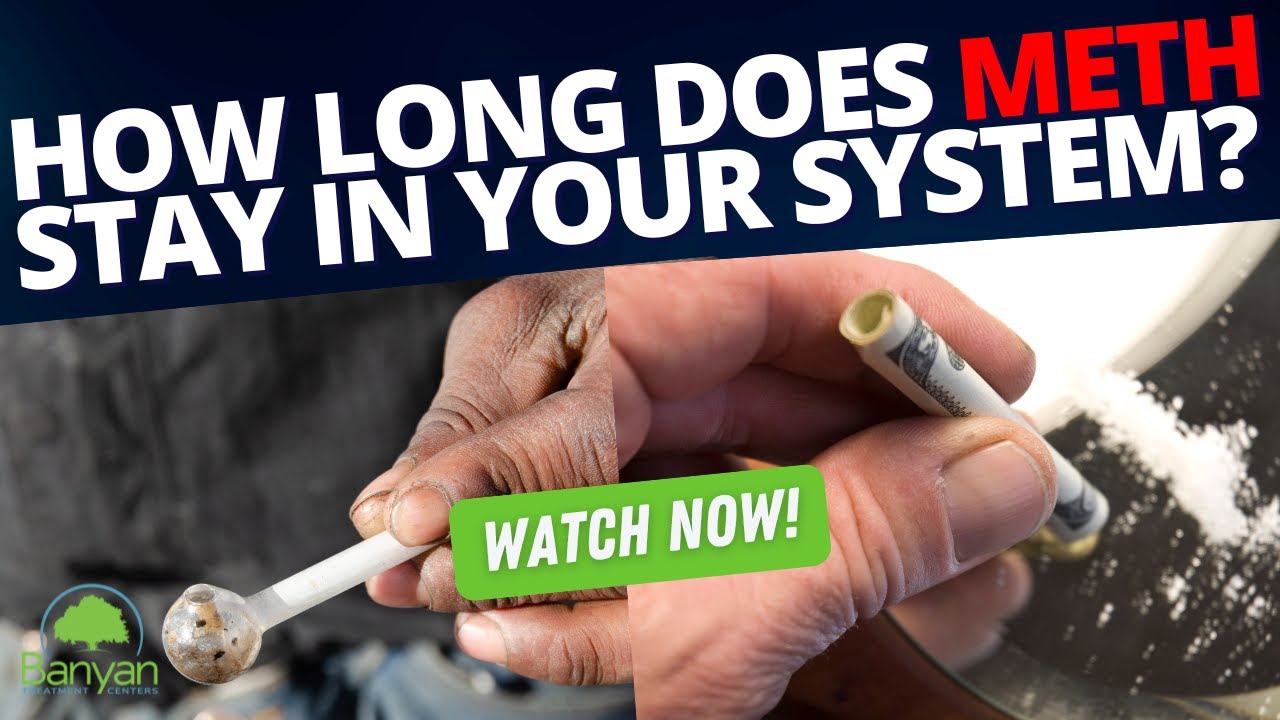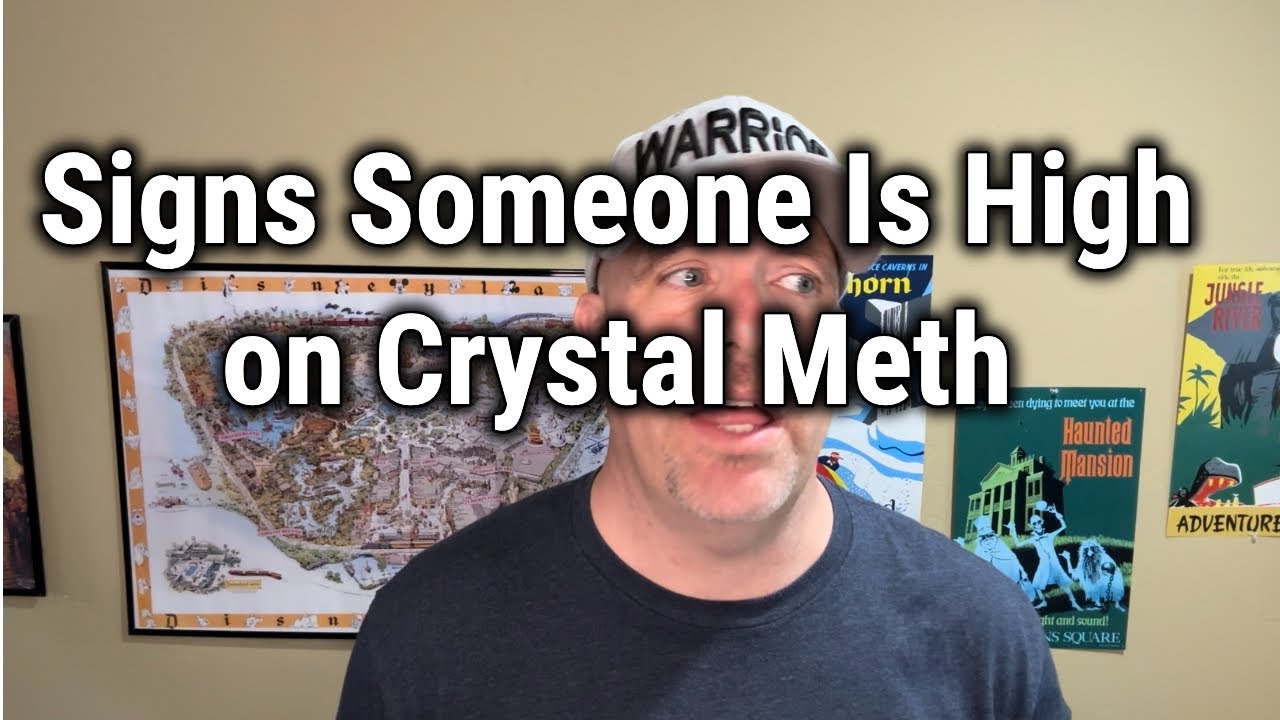Addiction isn’t just a personal struggle; it’s a societal issue that affects families across all backgrounds. One phrase you might hear thrown around is the “crystal myth.” This term captures the misunderstandings and overblown stories surrounding addiction, particularly when it comes to methamphetamines. Too often, these misconceptions overshadow the truth, making it harder for those in need to receive compassion and help. As we unravel this crystal myth, it becomes essential to shed light on the realities of addiction and how it grips families.

The Crystal Myth: Understanding the Misconceptions Surrounding Addiction
The origins of the crystal myth can be traced back to sensationalized reports about drugs like methamphetamine. This has led many to think that meth is the only drug worth fearing. It’s become falsely synonymous with addiction, while people ignore other substances like opioids and alcohol that are far more common in addiction cases. Reality paints a different picture; addiction is more intricately woven into the fabric of society than this simplistic view lets on.
Society often misunderstands addiction as a moral failure rather than a complex health issue. This stigma impacts how families cope with addiction within their circles. Parents grappling with a child’s addiction often face judgment. They experience social isolation because of the shame projected onto them. When do we switch gears from blame to understanding?
Living in a world filled with misinformation only exacerbates the feelings of helplessness around addiction. Confiding in someone can feel like a daunting task when every turn unveils a layer of these misconceptions. At Mothers Against addiction, we empower parents to confront these challenges, dismantling the belief that addiction defines someone’s character. It’s essential to recast the narrative from one of shame to one of support and recovery.

Top 5 Fallacies About Addiction: The Crystal Myth Deconstructed
1. The “Meth is the Only Culprit” Fallacy
While methamphetamine often gets the spotlight, it’s far from the only gateway drug leading to addiction. The truth is, substances like heroin and prescription opioids account for a staggering number of cases. Research tells us that this narrow view breeds ignorance, leaving vulnerable individuals without proper support or understanding.
2. “Just Say No” Solutions: A Bottleneck Theory
The catchphrase “Just Say No” is a relic of the ’80s, suggesting that the responsibility lies solely with the individual. This oversimplification ignores deeper socio-economic challenges that can propel someone towards addiction. Campaigns supporting community connections, such as Burke Rehab’s programs, provide holistic methods for prevention and healing.
3. The Urban Legend of the “Perfect User”
The often-held belief that individuals with stability—like jobs and families—are immune to addiction is another myth. Take high-profile cases such as Garrett Lee; he exemplifies that addiction doesn’t discriminate. Just because someone appears to have it all, it doesn’t mean they haven’t succumbed to struggles with substance use disorder.
4. Inefficacy of Traditional Treatment Programs
Shockingly, many traditional treatment programs have garnered a reputation for low success rates. But there’s good news! Innovative rehab centers like Burke Rehab are changing that narrative. Their evidence-based approaches integrate therapy with medication-assisted treatment, leading to improved outcomes for those in recovery.
5. The Misrepresentation of Drug Use on “Big Y” Flyers
Marketing materials like those seen on “Big Y flyers” typically reduce addiction to cold statistics, stripping away the personal stories behind the numbers. To alter this narrative, we must humanize the statistics and showcase the complexity of addiction. Until we can shift the focus from stigma to empathy, understanding will remain a distant dream.

The Impact of Misconceptions on Recovery: A Societal Lens
Misconceptions surrounding addiction can cripple recovery efforts. When society views addiction as a moral failing, it breeds shame and guilt among those affected. Recent studies suggest that community outreach and education have the power to dismantle myths and foster a recovery-friendly atmosphere. This is why we at Mothers Against addiction put an emphasis on raising awareness and shifting public perceptions.
Encouraging conversations about addiction can break the cycle of silence. Families will be more inclined to seek support when they see others openly discussing their struggles and triumphs. The sooner we redefine the conversation about addiction, the quicker we can pave the way for healing.

Revamping Detox and Rehabilitation: Lessons from Burke Rehab
Top-notch rehabilitation centers, like Burke Rehab, offer promising methodologies to combat addiction’s grip. They harness tailored treatment plans that consider each individual’s needs and circumstances, thus moving away from one-size-fits-all approaches. Families find solace knowing that their challenges are acknowledged and addressed.
Through family counseling and post-treatment follow-ups, Burke Rehab fosters an environment conducive to healing. This holistic inclusion not only aids the person struggling but also provides the entire family with vital resources and tools for understanding addiction’s impact. Together, they can build a supportive network to ease the path to recovery.

The Role of Social Support in Combating the Crystal Myth
The saying “it takes a village” resonates deeply when we talk about overcoming addiction. Strong social networks and community support systems are critical elements in a successful recovery. Grassroots initiatives promoting open dialogue about addiction encourage understanding among families and reduce feelings of isolation.
Organizations that provide educational resources and support groups contribute significantly to community awareness. By joining these efforts, families can foster an environment that nurtures hope and healing. Creating spaces where parents can talk, share stories, and support one another can lead to monumental change.
Rethinking the Narrative: A Call to Action
Now’s the time to reshape the narrative surrounding addiction, specifically the damaging crystal myth. We must advocate for compassionate discussions and factual education. Families dealing with addiction deserve our empathy, posturing them in a spotlight of support rather than shame.
Focusing on community education and comprehensive treatment is vital for transforming how society views addiction. Let’s connect with one another, encourage honest conversations, and share our stories as we work toward a future where addiction is treated with understanding and kindness. Together, we can turn the tide, changing stigma into support and promoting recovery for all. Join us in championing a cause focused on care and compassion by visiting Mothers Against addiction.
The time has come to ignite change and challenge the crystal myth that binds so many families in darkness. Together, let’s illuminate the path forward.
Crystal Myth: Shattering Misconceptions Around Addiction
The Enigma of the ‘Crystal Myth’
The term “crystal myth” often conjures up all sorts of misconstrued images and ideas about addiction. Did you know that this myth has common misconceptions surrounding the use of substances like methamphetamine? Understanding and demystifying the crystal myth is essential, especially for families grappling with the impact of addiction. Just like the mysterious character in the Batman Begins cast, addiction often has layers that can leave us baffled. It’s important for us to peel back these layers with facts and compassion, rather than fear.
Melancholy and Its Connection to Addiction
One interesting aspect is the relationship between melancholy and addiction. This connection isn’t just psychological; many who struggle with addiction may also battle intense feelings of sadness or despair. Exploring the melancholy definition helps shed light on the emotional backdrop of this crisis. Like a two-handed sword talisman, these feelings can feel dual-edged—on one hand, they can push individuals towards harmful behaviors, while on the other, they can also spark a desire for healing. It’s a complex interplay that requires support and understanding from those around them.
Community and Myths
Communities, such as those within homeowners associations, often take a stance on addiction without fully understanding its roots. Stigmas and stereotypes perpetuate the crystal myth, preventing open discussions about this topic. Acknowledging how community dynamics can influence perceptions of addiction is critical. For instance, did you know that some communities are actively working to break down these barriers? By fostering open dialogues, similar to how a unique character known as Exeggutor helps to connect disparate lives, we can create supportive environments for those affected by addiction. Fighting misconceptions helps unify families and strengthens the support network necessary for recovery.
By focusing on the crystal myth and its associated trivia, we are better equipped to approach the addiction epidemic with empathy and a clearer understanding. Let’s keep the conversation going for our loved ones and support each other step by step.





























